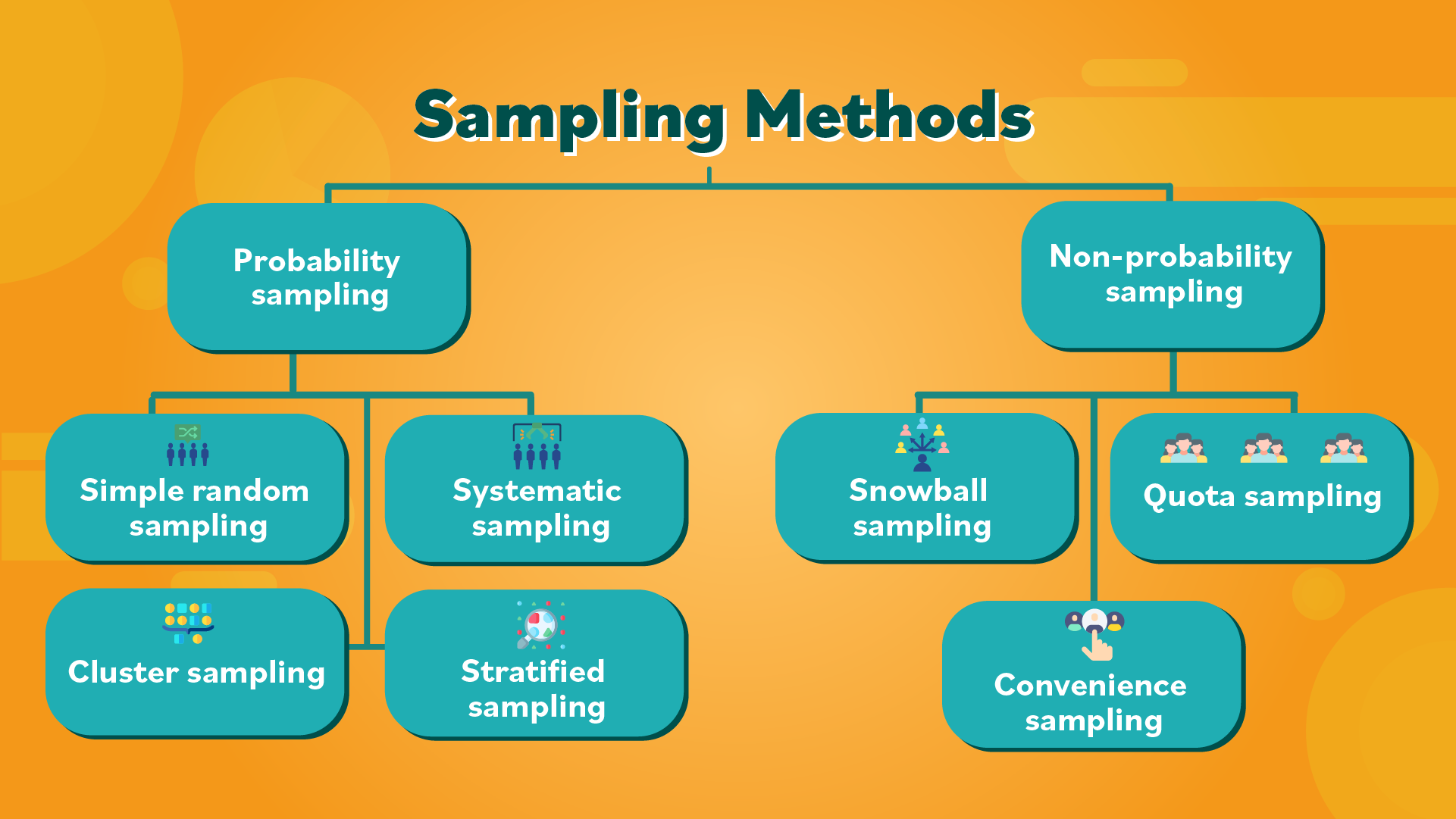Is Sociology a Science? Exploring the Scientific Foundations and Real-World Impacts
Introduction: The Science Debate in Sociology
The question of whether sociology is a science has sparked debate for over a century. Some experts argue that sociology, with its systematic methods and reliance on empirical evidence, firmly belongs within the family of sciences. Others view its interpretive and creative analysis of meaning and culture as setting it apart from the ‘hard’ sciences. This debate is not just academic; it shapes how sociology is taught, applied, and perceived in society. Understanding both perspectives provides clarity for students, researchers, and those interested in how social knowledge is produced.
Defining Science and the Social Sciences
Science is typically defined as a systematic enterprise that builds and organizes knowledge through testable explanations and predictions. Natural sciences like physics and chemistry study phenomena using controlled experiments, precise measurements, and reproducible results. Sociology, often categorized as a ‘social science,’ applies many of these same principles but focuses on human behavior, institutions, and society at large [2] .
Key features that associate sociology with science include:

Source: helpfulprofessor.com
- Use of the scientific method for hypothesis testing and data collection
- Reliance on empirical evidence rather than opinion or authority
- Application of statistical analysis and quantitative methods
- Efforts to identify patterns and causal relationships in social life
Arguments for Sociology as a Science
Many sociologists, especially those in the tradition of positivism , maintain that sociology is a science because it uses rigorous methodologies to uncover patterns in society. Auguste Comte and Émile Durkheim, two classical sociologists, argued that sociology should be as scientific as possible, employing observation, comparison, and experimentation where feasible [2] .
For example, Durkheim’s pioneering study of suicide used statistical data to demonstrate how social integration and regulation influence individual behavior. His work showed that societal factors, not just personal ones, are crucial in shaping outcomes, confirming sociology’s capacity for scientific inquiry [1] .
Another concrete application is found in criminology, where sociologists use data-driven approaches to study crime trends, evaluate legal systems, and suggest policy interventions. The findings often inform public policy and lead to evidence-based strategies for crime prevention [1] .
Arguments Against Sociology as a Strict Science
Despite its scientific aspects, sociology is distinct from natural sciences in important ways. Interpretivists argue that human behavior is shaped by meaning, context, and culture-factors that cannot be fully understood through quantitative data alone [2] . For them, sociology should embrace qualitative methods such as interviews, ethnography, and participant observation, which allow researchers to understand subjective experiences.
Notably, as philosopher Thomas Kuhn argued, science itself is influenced by social paradigms-shared frameworks that shape what is studied and how results are interpreted. Sociology, operating in an ‘open system’ with complex, variable factors, differs from sciences that work in controlled, ‘closed systems’ [2] .
Postmodernist thinkers further challenge the idea that science reveals absolute truths, emphasizing that all knowledge is socially constructed and contingent on cultural context.
Real-World Examples of Sociology’s Scientific Practice
Several landmark sociological studies demonstrate the application of scientific methods:
Durkheim’s Suicide Study: By systematically collecting and analyzing suicide statistics across different societies, Durkheim established that higher rates of suicide correlated with lower levels of social integration. His approach combined careful hypothesis formulation, empirical measurement, and objective analysis [1] .
Criminology and Policy Research: Modern criminologists use large datasets and statistical modeling to identify causes of crime, evaluate interventions, and recommend policies. These findings often shape governmental and community strategies, demonstrating sociology’s practical scientific impact.
If you are interested in exploring these studies in detail, consider searching reputable academic databases such as JSTOR or Google Scholar using terms like “Durkheim suicide study” or “criminology policy research.” Many universities provide access to these resources for students and researchers.
How Sociology Combines Scientific and Interpretive Approaches
Sociology’s unique strength lies in its ability to blend scientific rigor with interpretive insight. While some research projects favor quantitative methods (surveys, experiments, statistical analysis), others excel by using qualitative approaches (interviews, ethnography, case studies).
For example, a sociologist studying education may analyze national test score data to identify patterns (quantitative), but also conduct in-depth interviews with teachers and students to understand classroom dynamics (qualitative). This mixed-methods approach yields a richer, more comprehensive picture of social reality.
Step-by-Step: How to Explore the Science of Sociology
Whether you are a student, educator, or simply curious about the scientific side of sociology, you can take the following steps to engage with the discipline:
- Start with Foundational Texts: Read classic works by Comte, Durkheim, or Weber to understand the origins of sociology’s scientific aspirations. Many of these texts are available through public or university libraries.
- Review Recent Research: Visit academic journal databases such as JSTOR, ScienceDirect, or SAGE Journals. Search for peer-reviewed articles on topics like “sociology as a science,” “sociological methods”, or “empirical sociology.” Many universities offer free access to enrolled students.
- Enroll in Online Courses: Platforms like Coursera and edX offer courses on sociological methods and theories, often taught by university professors. Enrolling in these can deepen your understanding of the scientific aspects of sociology.
- Explore Government and Professional Organizations: Official bodies such as the American Sociological Association (ASA) publish research, guidelines, and policy briefs grounded in empirical methods. To access these, visit the ASA’s official website and search for “scientific research in sociology.”
- Participate in Research: Many universities conduct ongoing sociological studies and may offer opportunities for public participation or observation. Reach out to local sociology departments or research centers to inquire about involvement.
Common Challenges and How to Address Them
Sociologists frequently encounter challenges when applying scientific methods to complex social realities. Human behavior is influenced by countless variables, making it difficult to establish clear cause-and-effect relationships. Cultural diversity, ethical considerations, and the need for consent often limit the use of experiments in social settings.
To address these challenges, sociologists:
- Use large, representative samples to improve data reliability
- Combine multiple research methods (triangulation) to cross-validate findings
- Engage in peer review and transparent reporting to maintain scientific standards
- Apply ethical guidelines established by professional associations
Understanding these limitations is essential for interpreting sociological findings and appreciating the discipline’s ongoing evolution.
Alternative Approaches: Integrating Science and Art in Sociology
Some experts suggest moving beyond the science-versus-art dichotomy by recognizing that sociology’s value comes from integrating both approaches. While scientific methods provide structure and reliability, creative and interpretive techniques allow for depth, empathy, and cultural sensitivity. This balance is increasingly reflected in contemporary research, teaching, and public engagement efforts.

Source: leverageedu.com
For those interested in pursuing a career or further study in sociology, developing skills in both quantitative and qualitative methods is highly recommended. Many universities offer dual-track programs or workshops that emphasize this integration.
Key Takeaways
Sociology is widely regarded as a science, particularly in its use of empirical methods, systematic inquiry, and evidence-based conclusions. However, it also draws from interpretive traditions that value meaning, culture, and subjective experience. The discipline’s unique blend of scientific and creative approaches allows it to address complex social issues and contribute valuable insights to policy, education, and everyday life.
If you wish to explore the scientific side of sociology further, you can:
- Read foundational works and recent research through academic libraries
- Enroll in courses on research methods
- Contact professional organizations like the American Sociological Association
- Participate in or observe ongoing sociological research projects
By following these steps, you can gain a deeper appreciation of sociology’s scientific foundations and its role in shaping our understanding of society.
References
MORE FROM couponito.com













